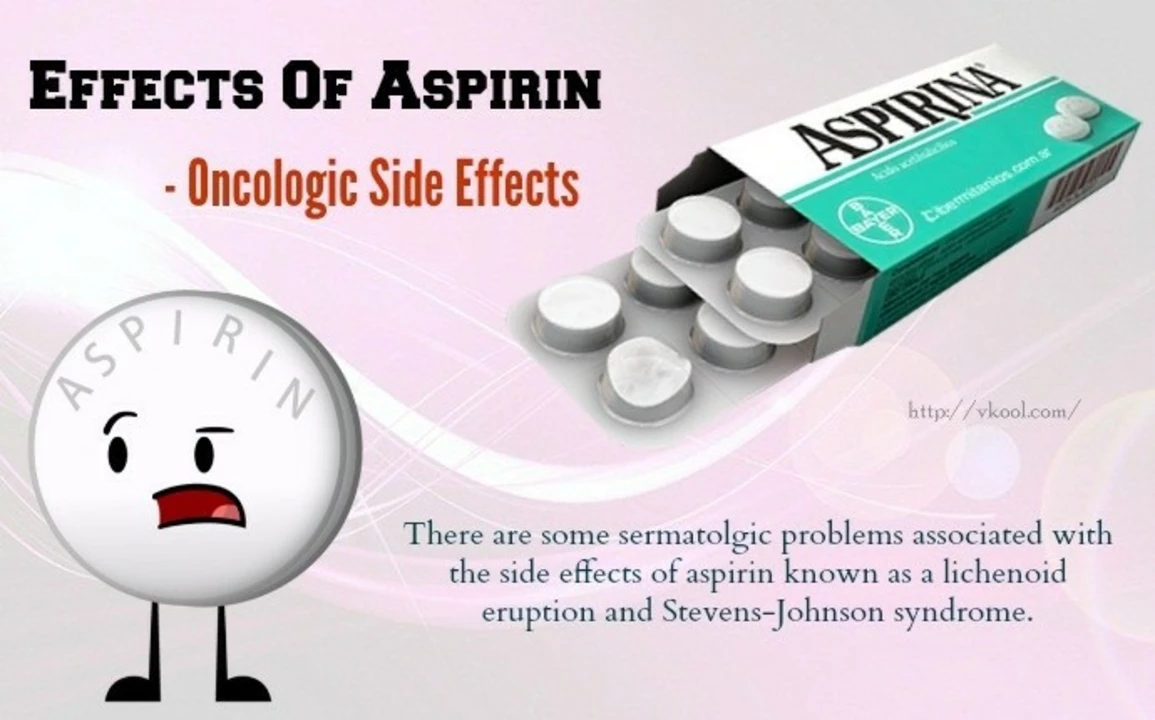Losing or changing your sense of smell is more common than you think. Sometimes it’s a stuffy sinuses thing. Other times it’s a side effect of a medicine, a sign of an infection like COVID, or a signal from your nervous system. This page helps you figure out what’s likely going on and gives clear steps you can take right now.
There are a few ways your nose can change:
- Hyposmia: things smell weaker than before. - Anosmia: you can’t smell at all. - Parosmia: familiar smells suddenly seem wrong or distorted (coffee smells burnt, perfume smells rotten). - Phantosmia: you sense smells that aren’t there.
Each type points to different causes, so noticing exactly how your smell changed helps narrow things down.
If you have a recent cold, allergy flare, or blocked nose, that’s the easiest explanation. Nasal polyps, chronic sinusitis, or deviated septum can also reduce smell over time. Viral infections — COVID-19 is the recent headline — often cause sudden loss or distortion of smell and can linger for weeks to months.
Medications are often overlooked. Antibiotics, some blood pressure drugs, hormone therapies, and certain psychiatric meds can blunt or change smell. If a new medicine started around the time your sense changed, ask your prescriber if it could be the cause.
Less common but serious causes include head injury, stroke, or early neurodegenerative conditions. If smell loss comes with weakness, vision trouble, confusion, or severe headache, seek emergency care.
Age matters too. Smell naturally declines with age, but sudden or severe changes aren’t normal and deserve a check.
Start small: try a smell test with strong, familiar scents — coffee, lemon, peppermint, soap. Test each nostril separately by gently blocking one side. If one side works and the other doesn’t, a local nasal issue is likely. If neither works, systemic or neurological causes are more likely.
For distorted smells, try smell training: twice daily sniffing of distinct scents (rose, citrus, clove, eucalyptus) for several months can improve recovery for many people. Use saline rinses for chronic congestion and avoid smoking, which harms smell.
See your GP or an ENT if the problem is sudden, getting worse, or lasting more than a few weeks. They can check for nasal problems, review your medicines, and order tests if needed. If your doctor suspects a nerve-related issue, they may refer you to neurology.
Smell changes can feel small but affect appetite, safety (gas leaks, spoiled food), and quality of life. Take notes on when it started, any new meds, and other symptoms — that makes appointments more useful. If you want, explore our site’s articles on meds and side effects to spot possible drug links to smell changes.

As a blogger, I recently came across some interesting information about Atenolol and its potential effects on our sense of smell. Atenolol, a beta-blocker commonly prescribed for high blood pressure and heart-related issues, might cause some changes in our ability to smell. While it's not a common side effect, it's essential to be aware of this potential change if you're taking this medication. If you experience a sudden change in your sense of smell, it's important to consult with your doctor to discuss any possible connection to Atenolol. By staying informed, we can ensure our health and well-being while using prescribed medications.
CONTINUE READING